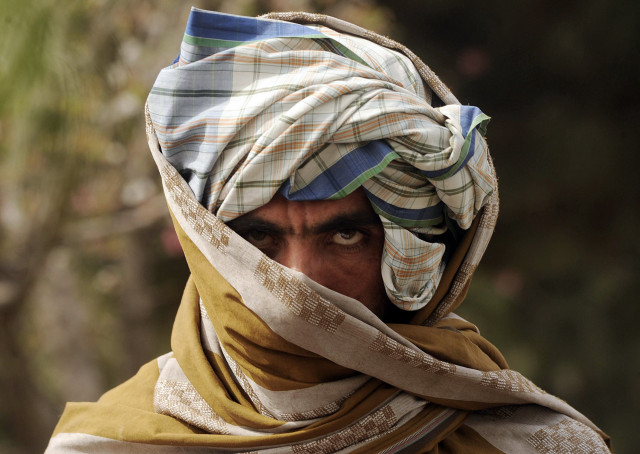Taliban and the art of talking
Paris can be a good beginning to get the Taliban exposed to the art of give and take after the conclusion of a war.


The Afghan Taliban spokesman said at Paris that his party will not talk to any form of representation from the Karzai government and groups linked to it — because that is the regime the Taliban want to replace, going back to how it was before the American invasion in 2001. The Taliban don’t talk when they are winning, which flies in the face of the doctrine of talking from a position of strength. But then the Taliban don’t believe in learning lessons. They are not very enamoured with Pakistan either and will not listen to Rawalpindi, knowing that moves from Pakistan will be shaped by the future of Indian presence in Afghanistan after the Americans leave.
The news is that Afghan government officials, opposition politicians — including those from the Northern Alliance — and High Peace Council members will also attend the three-day conference. The Taliban have already said that they will not talk to these elements; and they will most likely not agree to any framework concerning the “upcoming Afghan elections and post-2014 security”. But Pakistani efforts may be discerned in Gulbuddin Hekmatyar’s interest in the conference, and Hizb-e-Islami’s separate three-member delegation that asserts: “We will explain our stand about the promotion of peace and reconciliation in Afghanistan and share our peace formula with the participants”. The Afghan Taliban will send the man who would have led them at Qatar, which at least conveys the impression that they wish to talk peace even though it is their kind of peace in which the Northern Alliance gets nothing despite the consolidation of its power over the past decade. It is moot if Pakistan’s leverage will be effective and if it does that, the other neighbours of Afghanistan will let it have its way, backing the Taliban once again.
The Americans say openly that they have been defeated in Pakistan. The Taliban, however, will not say what kind of reversals they have suffered over the years — after the American ‘surges’ and drone attacks — and they will be handicapped by the possibility of being denounced by the Pakistani Taliban who are disunited as they fight Isaf forces across the Durand Line. Pakistan has suffered at their hands while talking peace with them. Pakistan saw several ‘agreements’ fall to the ground: Ladha in 2004, Sarrarogha in 2005, North Waziristan in 2006 and Swat in 2008. All of them ended in failure while the Taliban succeeded in getting their prisoners released and receiving hefty compensations. Even if Paris offers appeasement, the Taliban will not respond to it, unless, of course, some new elements have entered in their thinking which is unlikely.
But Paris can be a good beginning to get the Taliban exposed to talks and the art of give and take after the conclusion of a war that looks like stalemate to some. Of course, the Taliban are not used to looking at the battlefield like that: there is an inability to first define the stalemate as partial defeat and then learn lessons from it. The cruel fact is that in history, victories have taught nothing to the victors, while defeats have enriched the mind of the defeated. The problem with the quintessentially tribal Taliban is their reluctance to accept a reversal as a signal to change strategy by developing flexibility of stance.
Published in The Express Tribune, December 12th, 2012.















COMMENTS
Comments are moderated and generally will be posted if they are on-topic and not abusive.
For more information, please see our Comments FAQ